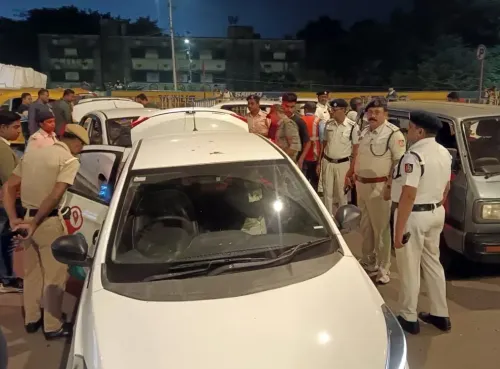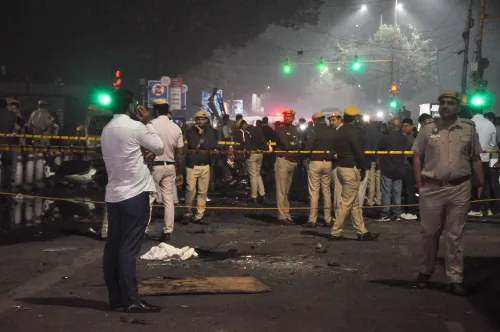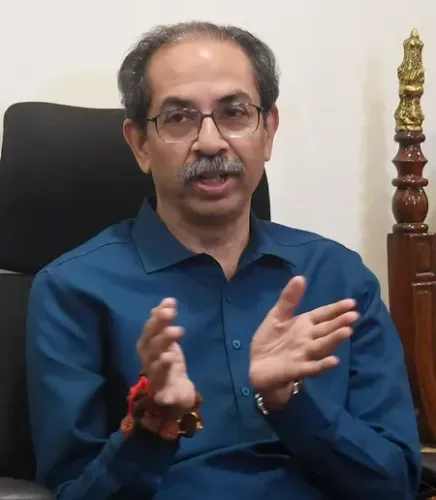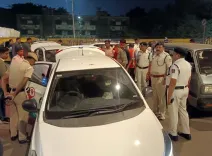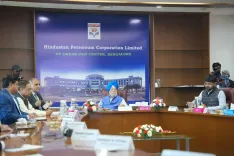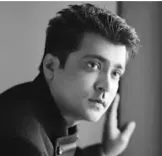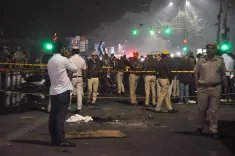Did US VP Attempt to Reach PM Modi During Critical Meeting?
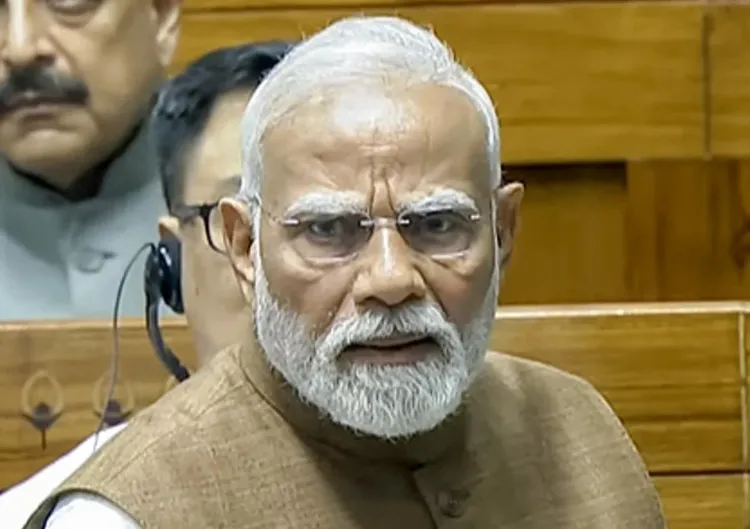
Synopsis
Key Takeaways
- PM Modi missed calls from US Vice President during a security meeting.
- Operation Sindoor targeted Pakistan's terror infrastructure.
- India's response to threats was clear and decisive.
- Global leaders did not oppose India's actions during the operation.
- The Congress party faced criticism for not supporting the armed forces.
New Delhi, July 29 (NationPress) In an intense session in the Parliament on Tuesday, Prime Minister Narendra Modi disclosed that he did not take several phone calls from US Vice President J.D. Vance on May 9, as he was leading a significant national security meeting.
The US Vice President, evidently worried about rising tensions between India and Pakistan, was trying to contact PM Modi as conflicts escalated during Operation Sindoor.
While addressing the Lok Sabha, PM Modi stated, “The US Vice President tried to reach me four to five times. However, I was engaged in a national security meeting and couldn’t take his calls... I returned his call later.”
According to PM Modi, the US Vice President informed him that Pakistan was preparing for a significant military operation. “I made it clear to them - if Pakistan dares to attack, it will face severe consequences. India will retaliate with much greater force,” he added.
Prior reports suggest that during this period, US officials, including Vice President Vance, maintained communication with both Indian and Pakistani leadership.
Operation Sindoor targeted numerous terror launchpads and infrastructure throughout Pakistan, reportedly including Bahawalpur and Muridke, in a substantial 22-minute offensive on the night of May 6-7.
PM Modi emphasized that India’s response accomplished its goals, and despite international diplomatic pressures, not a single world leader explicitly urged India to halt the operation.
“This time, India did not pause due to concerns about international reactions. In fact, the world witnessed the magnitude of our response - from Sindoor to Sindhu (referring to the Indus Water Treaty),” he asserted.
PM Modi also criticized the Congress party for what he labeled a lack of support for India’s armed forces.
“While the world supported us, it’s unfortunate that our own brave soldiers did not receive the backing of Congress,” he remarked. “This represents the new India - a nation that doesn’t seek permission to defend itself.”
As Operation Sindoor continues to be scrutinized for its strategic and technological depth, the government’s narrative remains clear: India acted decisively, independently, and in full national interest - undeterred by nuclear threats and diplomatic noise.

